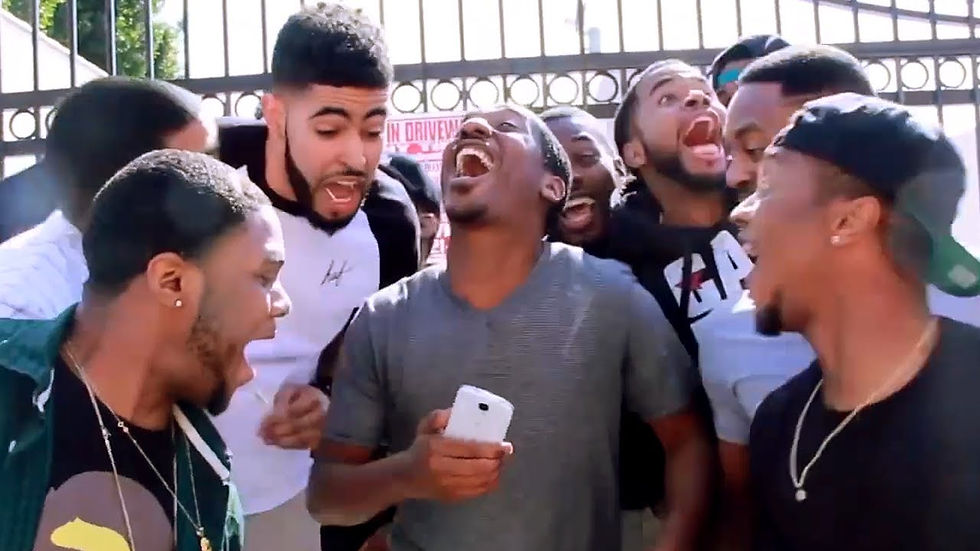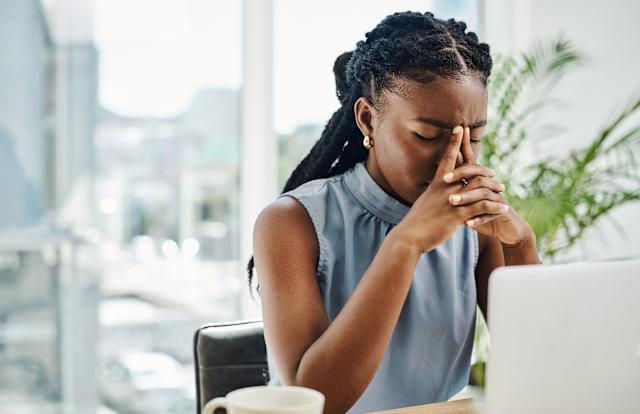Gangsta Tears: On Black Men Crying
- kevinufoegbune
- Mar 29, 2022
- 3 min read
Updated: Mar 30, 2022

Over the years, there has been so much discourse about white fragility, the weaponization of white tears and of course, Karens. Such discussions and stories make us angry and sometimes laugh or roll our eyes. Narratives of people of color advocating for themselves when experiencing racial discrimination in the court system, at school, or at work, and then having to experience resistance by streams of white tears and white fragility are so redundant. There are instances whereby BIPOC community members are clearly victimized and then are made out to be the perpetrators when white tears are released (almost like magic - abracadabra!) can be frustrating and confusing.
As a social worker, I know about the importance of tears and just how crying has the power to heal and restore, and therefore, undoubtedly, I believe that everybody should feel ok with crying when their emotions move them no matter where they are. The issue, however, is the fact that just as this society tries to organize according to race, the act of crying is also racialized. If we know that the act of white women crying in moments of racial hostility can be an act of power and oppression, then what does this say of Black men when we cry? There is power in the pain and tears of the dominant class.
For many of us, we received various messages possibly from the media, culture, or our friends when we were younger that crying was a sign of weakness but thankfully, many of us are unlearning this and realizing the power of tearfully telling our narratives (the ones that bring us pain and the ones that bring us joy). Growing up, this was not always the case. I would see some of my peers punch walls and harm their fingers rather than cry. Typically, crying was seen as an act reserved for highly somber occasions like during the passing of a loved one.
Rapper, Nas who I listened to in my childhood had a song called Gangsta Tears (2001). Notice, they couldn’t just be tears. They had to be gangsta otherwise, I do not think we would have listened to that track back then. In the song, the entertainer spoke to his pain, having been bereaved from the loss of young friends and self-medicating using narcotics. He rapped about the emptiness of wealth, feelings such as loneliness but of course, the rap was accompanied by a heavy and somber beat. When it comes to these losses and feelings, they are familiar to many of us, and thankfully, it has become normative for men and especially men of color to speak to instances when we experience hurt feelings. Still, on the other hand, there have been various tasteless memes created when Black men do cry whether they are celebrities or not – but we can always resist what we see and we see by recognizing our humanity, being true to ourselves, and our healing journeys, and shedding tears.
Reasons Black Men Need to Cry
1) You feel better after crying (crying in therapy often leads to a great deal of healing), you feel more relaxed and calmer as a result
2) Crying helps men relieve physical and emotional pain.
3) Stress can be reduced through crying as stress hormones and chemicals are released through tears, researchers suggest
“Are all men in disguise except those crying?” – Dannie Anse
If you are seeking a new beginning and you need therapy, guidance, and life coaching, speak to me today about starting a New Chapter in your life!
Kevin Ufoegbune







Comments